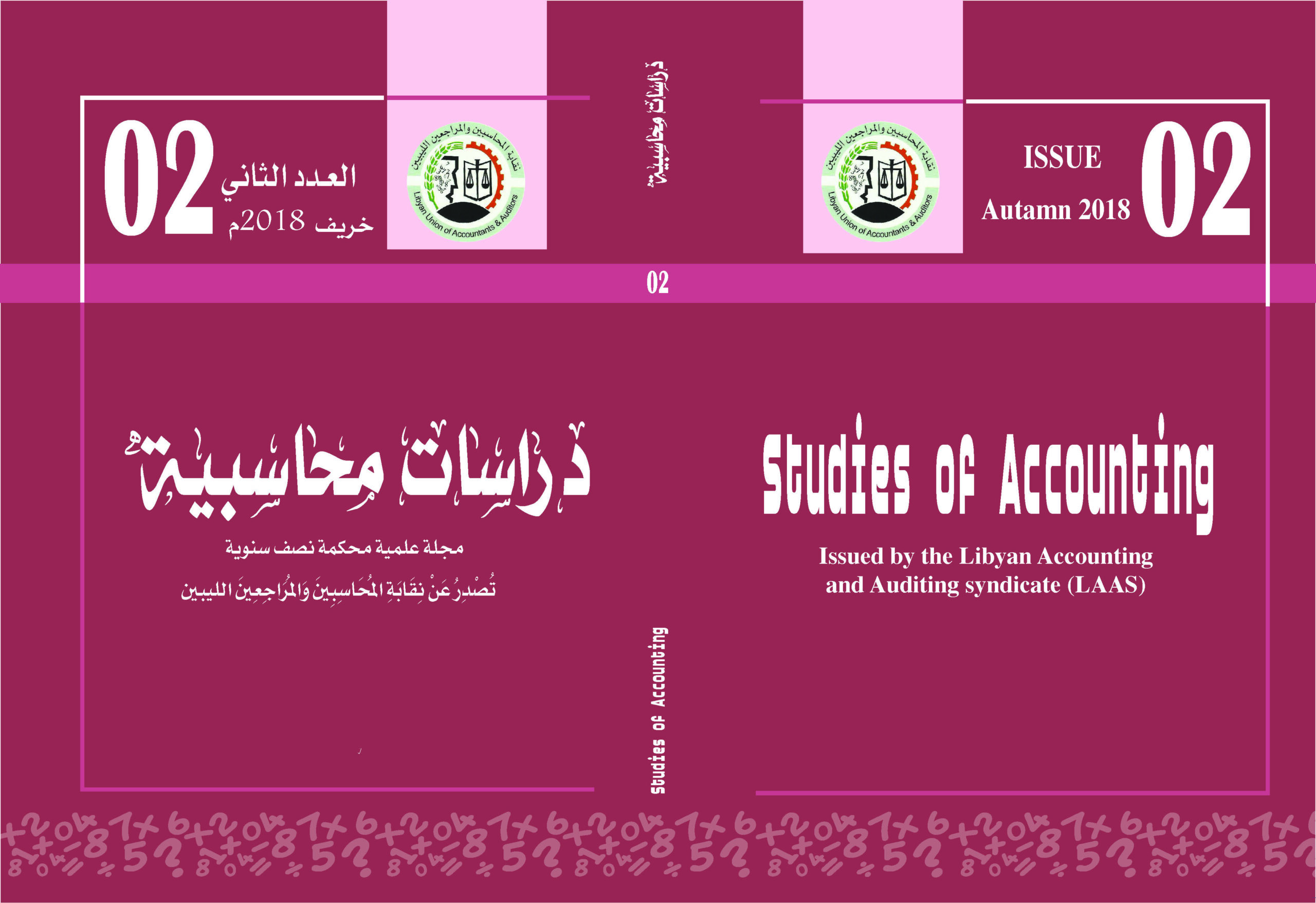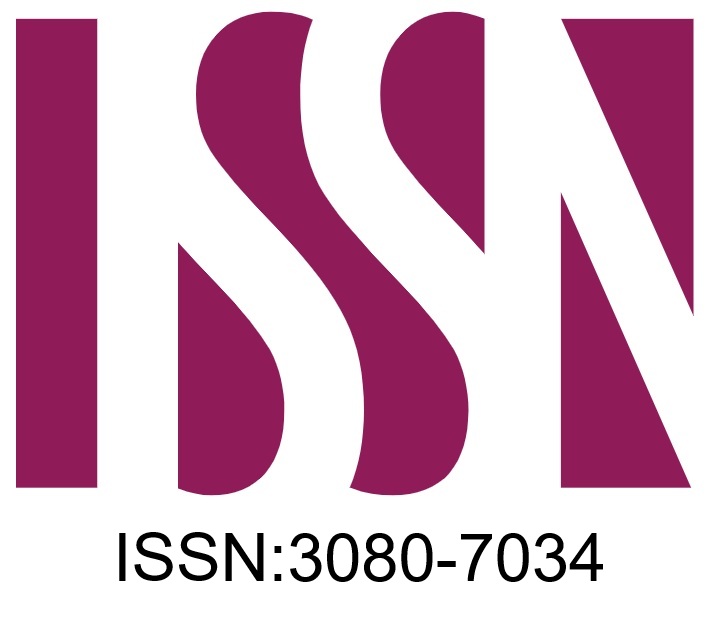متطلبات التهيئة والتطبيق لمعايير المحاسبة والمراجعة للمؤسسات المالية الإسلامية في بيئة المصارف الليبية
DOI:
https://doi.org/10.5281/zenodo.16457324Abstract
هدفت هذه الدراسة إلى التعرف على مدى توافر متطلبات التهيئة والتطبيق لمعايير المحاسبة والمراجعة للمؤسسات المالية الإسلامية في بيئة المصارف الليبية من وجهة نظر أعضاء هيئة التدريس بالجامعات الليبية وموظفي إدارات الصيرفة الإسلامية بالمصارف الليبية، ولتحقيق ذلك اختيرت عينة لتمثل مجتمع الدراسة تتكون من (203) مفردة، وتم الاعتماد على قائمة الاستبانة كوسيلة لجمع البيانات والأسلوب الوصفي لتحليل إجابات المشاركين في الدراسة، ومن خلال تحليل البيانات توصلت الدراسة إلى أنه لا توجد تهيئة جيدة في الجامعات الليبية لإضافة تخصص المالية والصيرفة الإسلامية في المناهج الدراسية كما أن عدد أعضاء هيئة التدريس المتخصصين في مجال المالية الإسلامية يعتبر محدوداً جداً، أما على مستوى متطلبات التطبيق في المصارف الليبية فقد توصلت الدراسة إلى أنه لا يوجد في تلك المصارف موظفون يتمتعون بالكفاءة المناسبة من المؤهلات العلمية التي يتطلبها تطبيق معايير المحاسبة والمراجعة الإسلامية، ومن ناحية أخري فإنه يتوفر لدى المصارف الليبية مجموعة السجلات والدفاتر والمنظومات المصرفية الملائمة لتطبيق معايير المحاسبة والمراجعة الإسلامية، كما توصلت الدراسة إلى أنه لا يوجد ما يدل على قيام كل من مصرف ليبيا المركزي ونقابة المحاسبين الليبيين بإلزام أو تحفيز المصارف الليبية نحو تطبيق معايير المحاسبة الإسلامية، وأوصت الدراسة بضرورة تهيئة البيئة الليبية وتوفير المتطلبات الأساسية والضرورية التي تمكن من تبني وتطبيق معايير المحاسبة والمراجعة للمؤسسات المالية الإسلامية.
Abstract: -
The objectives of this study is to determine the extent to which the requirements for the preparation and implementation of Accounting and Auditing Standards for Islamic Financial Institutions are available from the point view of the main Islamic banking departments’ employees at Libyan banks and Libyan universities’ lecturers.
To achieve the study’s objectives, a sample of (203) individuals was chosen to represent the study’s population. Data was collected by using questionnaires tool. The descriptive approach was used for analyzing participants’ responses. The study found that Libyan universities were not adequately prepared to include Islamic finance and banking specialization in the universities’ curriculum. In addition, the specialized teaching staff members in the field of finance and Islamic banking at these universities was limited. In regard to the availability of the requirements for using these standards in banks, the study found that Libyan banks employees have no sufficient and appropriate competence and qualifications required by the Islamic Accounting and Auditing Standards. However, Libyan banks have a set of appropriate records, books and banking systems for the application of Islamic Accounting and Auditing Standards. The Central Bank of Libya and the Syndicate of Libyan Accountants had not encouraged Libyan banks to apply Islamic Accounting Standards until this study was conducted. The study recommended the necessity of preparing the Libyan environment , providing basic and necessary requirements are
needed to enable the adoption and application of accounting and auditing standards for Islamic financial institutions

Downloads
Published
Issue
Section
License

Authors retain copyright and grant the journal right of first publication with the work simultaneously licensed under a Creative Commons Attribution (CC-BY) 4.0 License that allows others to share the work with an acknowledgment of the work’s authorship and initial publication in this journal.









